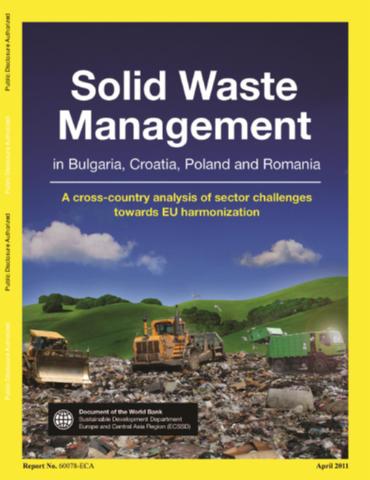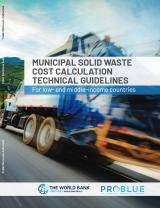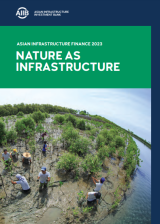
-
Country/City
ECA
-
Topics
Financing, Policy and Governance
-
Published On
January 4, 2011
-
Author(s)
The World Bank
The European Union (EU) sets the policy framework for municipal solid waste management that drives reform initiatives in new EU member states and candidate countries. The EU policies, implementation targets, and grant funding establish the enabling environment that transforms the solid waste management sector in Bulgaria, Croatia, Poland, and Romania. The EU directives guide member states towards agreed targets without prescribing in detail how specific measures should be implemented. Various directives establish the legal framework for solid waste management; provide specifics, and an implementation timetable: these include the waste framework directive, the landfill directive, and the waste incineration directive. This study analyzes progress in Bulgaria, Croatia, Poland, and Romania; and identifies important shortcomings towards meeting the requirements of the EU acquis communautaire. All four countries have had access to large amounts of assistance from EU programs and European financial institutions, which for the most part remain unspent. The study identifies strengths and weaknesses in the national institutional arrangements; scrutinizes sector economics and financing, including how current incentive mechanisms affect the medium-to long-term sector financial sustainability; and finally, extracts lessons learned on how to address key issues and optimize sector performance.



